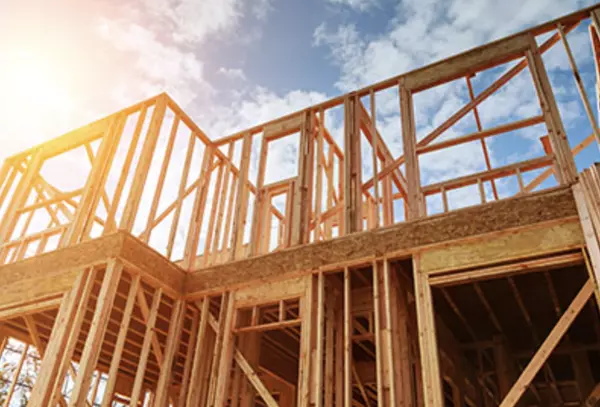Navigating the Homebuying Journey: Answers to Common Questions for First-Time Buyers

Buying your first home is an exciting milestone, but it can also be a daunting process filled with questions and uncertainties. From understanding mortgage options to navigating the real estate market, there's a lot to learn along the way. To help ease your mind and empower you on your homebuying journey, we've compiled answers to some of the most common questions first-time buyers have:
1. How Much House Can I Afford?
Determining your budget is the first step in the homebuying process. A general rule of thumb is that your monthly mortgage payment should not exceed 28% of your gross monthly income. However, factors such as your down payment, credit score, and existing debts will also impact your affordability. Using an online mortgage calculator or consulting with a mortgage lender can help you get a clearer picture of your purchasing power.
2. What Type of Mortgage is Best for Me?
There are several types of mortgages available for first-time buyers, each with its own pros and cons. Common options include fixed-rate mortgages, adjustable-rate mortgages (ARMs), FHA loans, VA loans, and USDA loans. Your choice will depend on factors such as your financial situation, credit score, and future plans. It's essential to research each option thoroughly and consult with a mortgage advisor to determine the best fit for your needs.
3. What Should I Look for in a Home?
When searching for your first home, it's essential to consider factors such as location, size, amenities, and budget. Make a list of "must-haves" and "nice-to-haves" to prioritize your preferences. Keep in mind aspects like school districts, commute times, and neighborhood amenities. Don't forget to consider the potential for future resale value as well.
4. How Do I Make an Offer?
Once you've found the perfect home, it's time to make an offer. Your real estate agent will help you draft a purchase offer, including details such as the purchase price, earnest money deposit, and contingencies (e.g., home inspection, financing). The seller may accept your offer, reject it, or counteroffer. Negotiations may occur until both parties agree on terms.
5. What Happens During the Home Inspection?
A home inspection is a crucial step in the homebuying process. A licensed inspector will evaluate the property's condition, identifying any potential issues or safety concerns. Common areas inspected include the roof, foundation, HVAC system, plumbing, electrical, and appliances. Reviewing the inspection report with your agent will help you decide whether to request repairs or negotiate with the seller.
6. How Does Closing Day Work?
Closing day, also known as settlement day, is when ownership of the home is officially transferred from the seller to the buyer. You'll sign a variety of documents, including the mortgage note, deed of trust, and closing disclosures. You'll also pay closing costs, which may include fees for loan origination, title insurance, and property taxes. Once all paperwork is signed and funds are transferred, you'll receive the keys to your new home!
7. What Happens After I Move In?
Congratulations, you're officially a homeowner! After moving in, it's essential to budget for ongoing homeownership costs, including mortgage payments, property taxes, insurance, utilities, and maintenance expenses. Consider creating an emergency fund for unexpected repairs or expenses. Enjoy making your new house feel like home and take pride in homeownership!
Navigating the homebuying process can feel overwhelming, but armed with knowledge and guidance from experienced professionals, you'll be well-equipped to embark on this exciting journey. Remember, no question is too small, and your real estate agent and mortgage lender are valuable resources to help you every step of the way. Happy house hunting!
Categories
Recent Posts











"Tell me more details so I can best serve you! "

